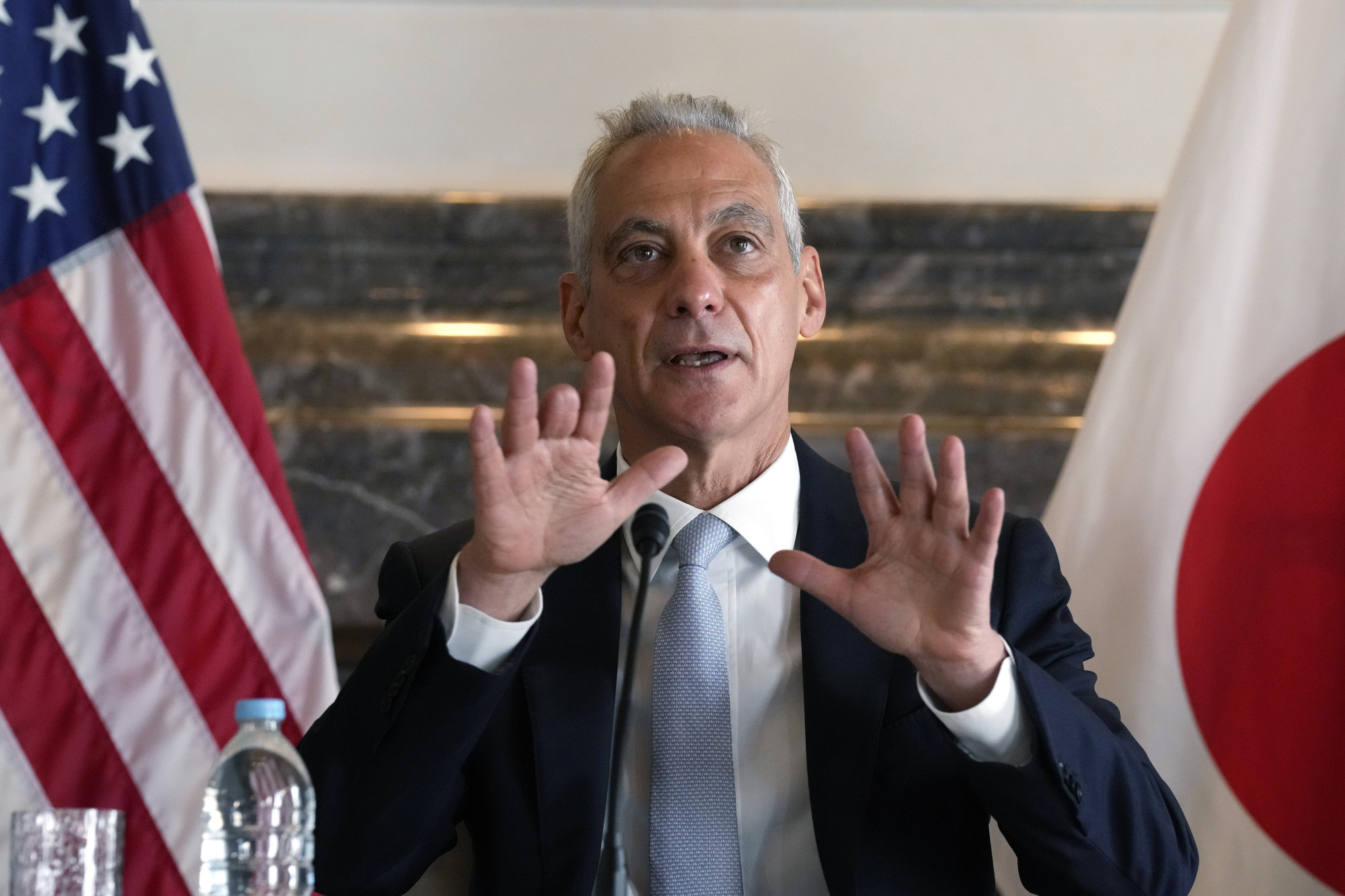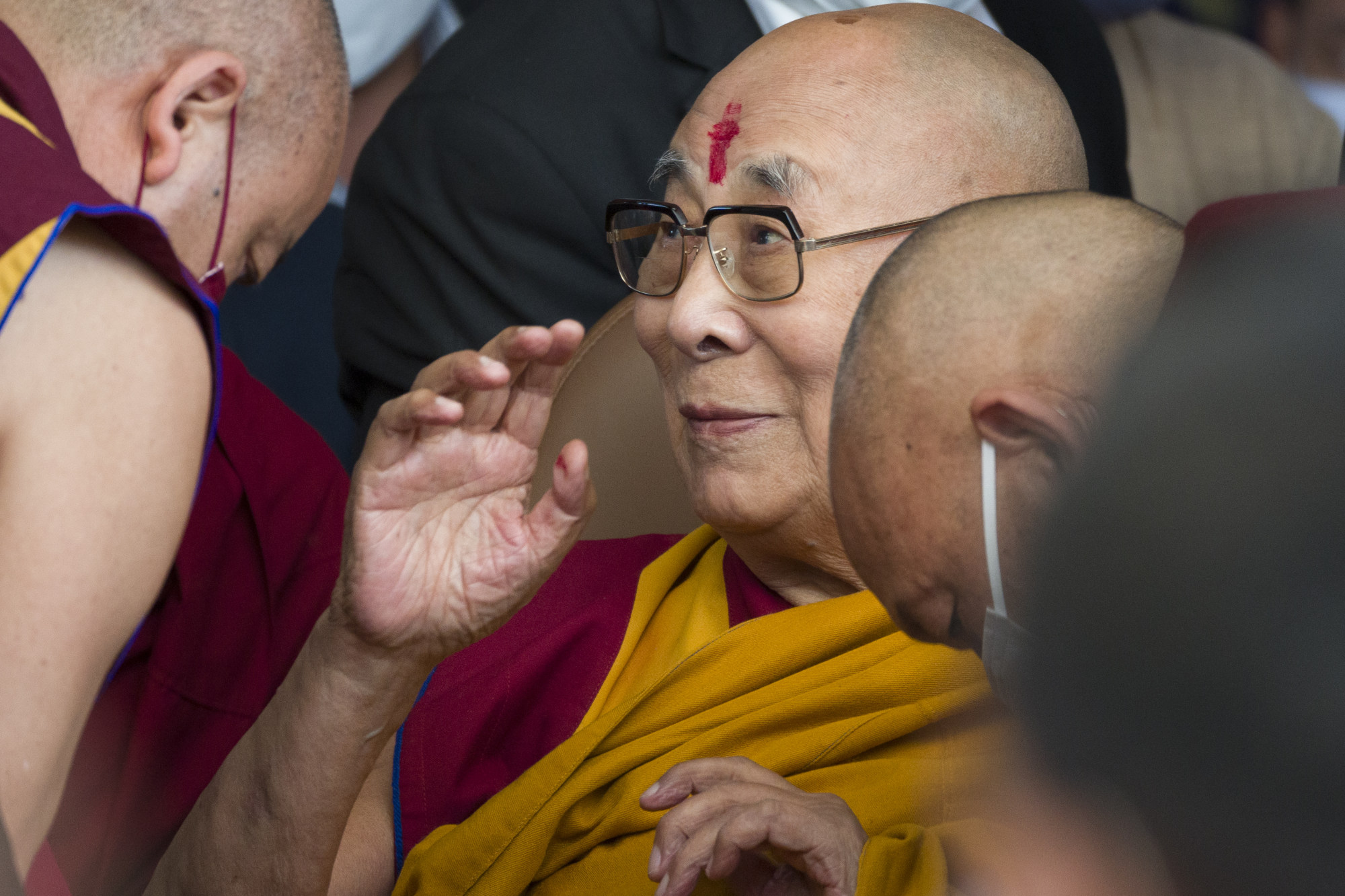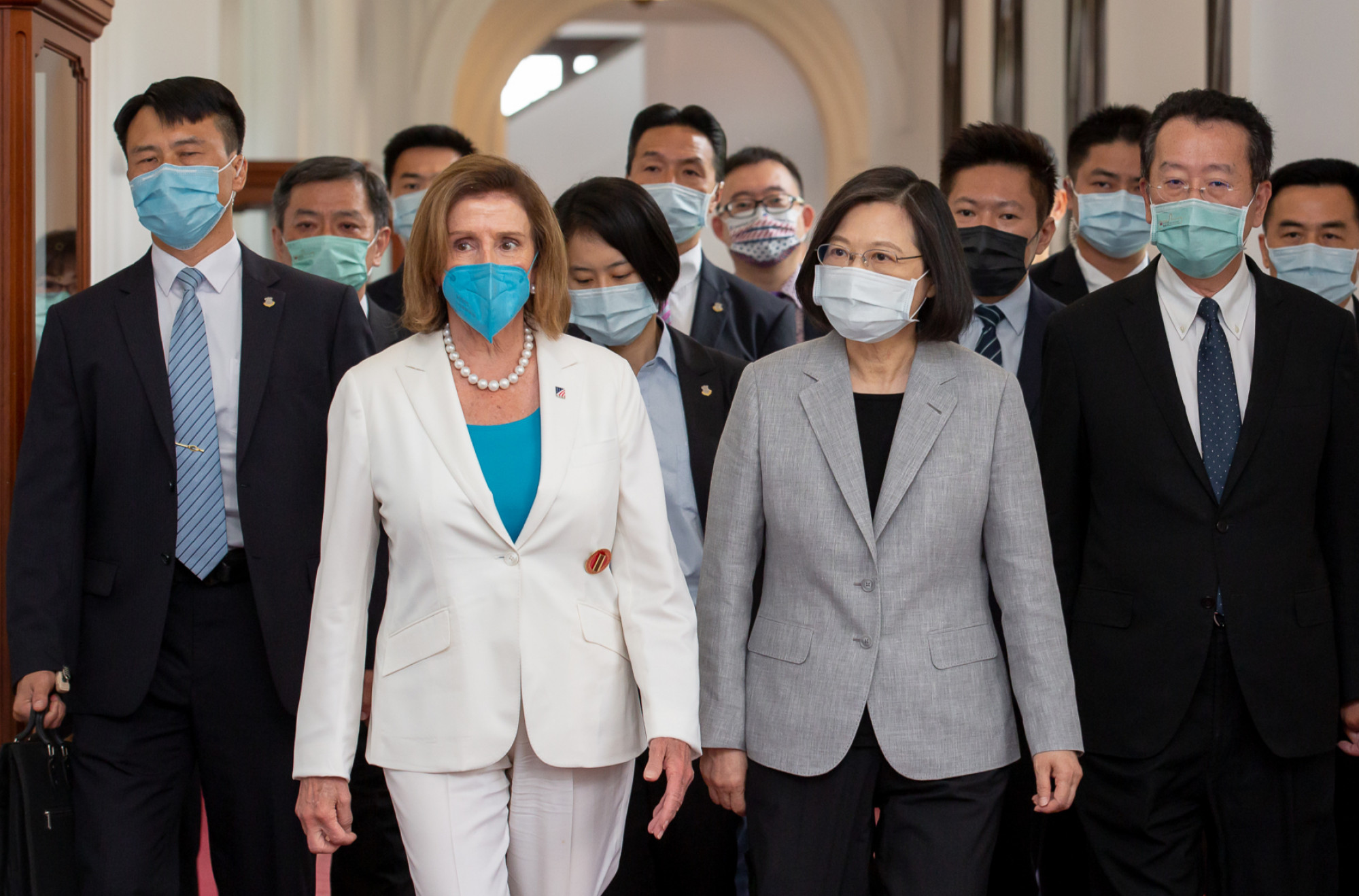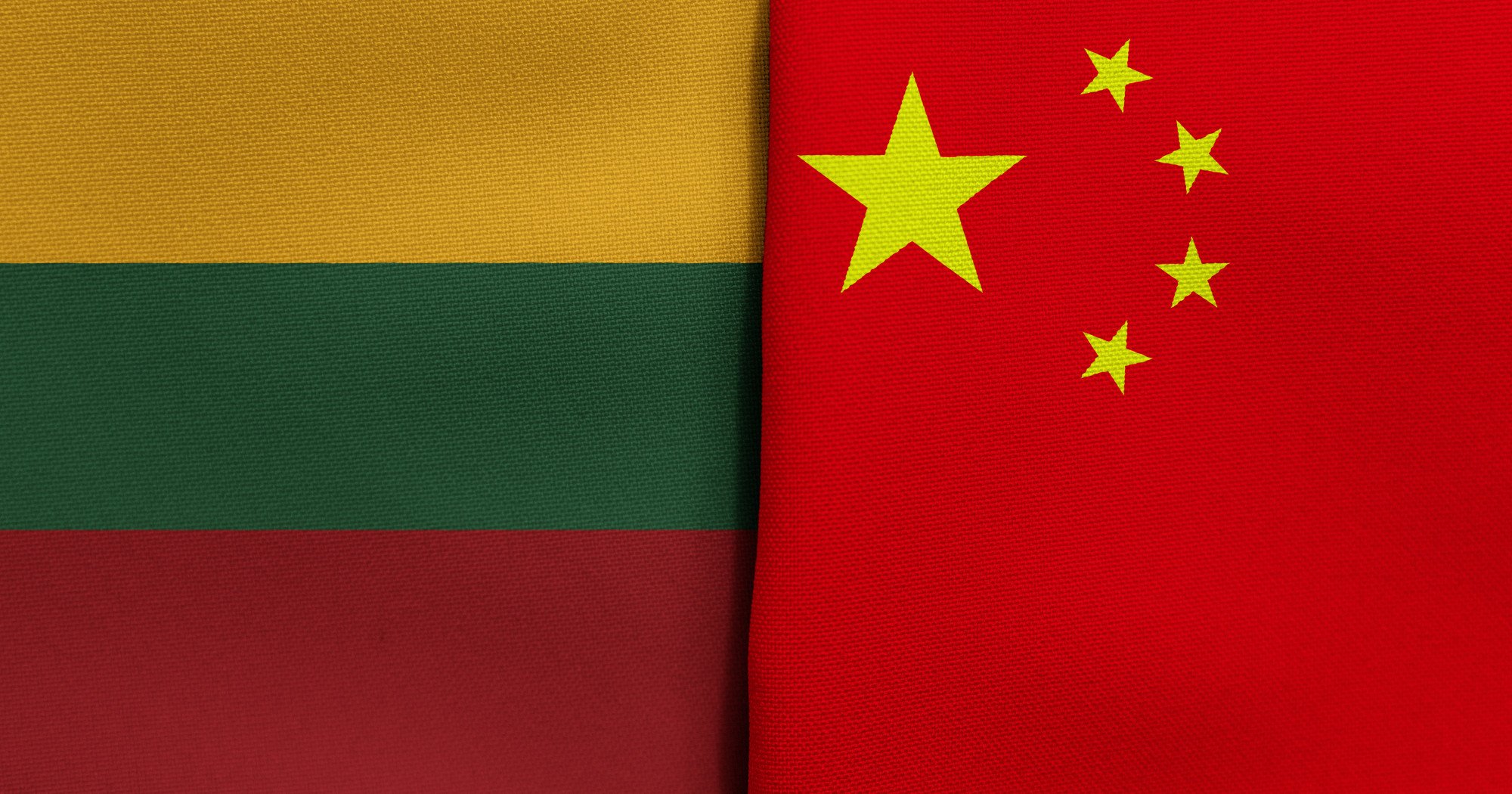
China’s economic coercion calls for united global response: Lithuanian foreign minister ahead of G7
- Recalling Baltic nation’s diplomatic spat with Asian giant over Taiwan office, Gabrielius Landsbergis says Beijing pressure tactics likely to carry on
- G7 leaders’ communique from Hiroshima is expected to cite importance of countering coercion without necessarily identifying China by name
Chinese economic coercion is not an abstract concept for Lithuanian Foreign Minister Gabrielius Landsbergis, who has defended his country against the full might of China. His take: Beijing’s pressure campaigns are likely to continue and they call for a coordinated global counterstrategy.
A keen proponent of a robust G7 response in Hiroshima is US ambassador to Japan Rahm Emanuel, the US ambassador to Japan.
“China can be beaten on this. But you have to apply a set of economic tools in an anti-coercion effort to beat back China’s coercion.
“At the end of the day, China can’t break a coalition of many.”
G7 economies tend to agree in principle on the need to push back on China’s increasingly forceful posturing.

Proposals include creating a task force among like-minded countries; sharing lessons, effective tools and strategies; providing relief for countries targeted; and discouraging future campaigns by diversifying supply chains.
But translating these into multilateral policy is more problematic, including how exactly to resist Beijing’s divide-and-conquer tactics and whether to retaliate or maintain the moral high ground.
Analysts said they expected the G7 leaders’ coming communique to cite the importance of countering coercion without necessarily identifying China by name.
China hardly has a monopoly on economic coercion, as the use of economic tools to achieve political objectives dates back at least to ancient Rome.
China chip imports shrink as trade with Japan, South Korea and Taiwan weakens
“That’s something we used to accuse the Chinese of doing,” said Adam Posen, president of the Peterson Institute of International Economics (PIIE). “There’s no reason that China and the US can’t both make the same mistake simultaneously.”
One difference, analysts said, is that Washington has typically worked through legal channels that include a judicial review while Beijing has preferred to work outside public scrutiny.
China carried out 73 incidents of economic coercion aimed at 19 countries between 2020 and 2022, according to the Australian Strategic Policy Institute.
Beijing is expected to intensify its coercion – and extend its use against larger states – given rising nationalism and sensitivity over perceived challenges to Communist Party interests.

“Assuming geopolitical tensions between the United States and China continue apace, a risk-averse Beijing will likely continue to prefer economic tools to more escalatory military ones in its effort to coerce other states,” a March CSIS report on coercion said.
While Chinese pressure tactics often hurt foreign companies and industries, studies suggest their broader economic impact is limited. Even as Beijing punished South Korea’s tourism, retail and entertainment sectors in 2017, bilateral trade rose 14 per cent.
“China’s economic coercion is often ineffective or counterproductive,” Matthew Goodman, senior vice-president for economics at CSIS, told Congress last month.
US trade officials cite China’s ‘economic coercion’ ahead of Apec
“In most of the cases we studied, Beijing struggled to achieve its near-term tactical goals and frequently caused harm to its strategic interests, including by driving other countries towards the United States,” added Goodman, co-author of the March CSIS study and a former National Security Council official during the Obama administration.
China’s playbook honed over decades – even centuries, analysts said, given its traditional vassal state system – has tended to target smaller countries where it has more leverage.
Other than its 2010 Japan campaign, no affected country has had a GDP larger than 15 per cent of China’s; Lithuania’s is less than 1 per cent.
When sales suddenly plummeted and South Korean retail outlets in China were forced to close in 2017, state media attributed the development to “strong feelings in the general public” and “fire safety violations”.
‘A lie repeated … becomes truth’: Chinese analysts weigh in on Taiwan row
“It is neither advisable nor possible for states to completely decouple economically. Therefore, China will always have some levers that it can pull,” the CSIS study stated. “China will probe for weaknesses in any economic defences that are constructed.”
But “unofficial” tools also mean that interest groups can circumvent them, evident when Chinese universities kept importing Lithuanian lasers during the China-Lithuania showdown.
Nor does every perceived slight elicit a Chinese response, suggesting a careful weighing of perceived gains against self-inflicted economic or reputational costs.
A hint of this was seen in 2017 when the Chinese state-backed tabloid Global Times noted that hardline moves against Seoul were prudent given that “damage to Korea is disproportionately larger than damage to China”.

“The more that China uses economic coercion, and the more that we highlight it, it creates antibodies that blunt the effectiveness,” said CSIS fellow Jude Blanchette. “I’d rather be on the G7 team than Team PRC.”
China’s diplomatic flurry sets its course in a new world
That said, economic coercion may offer fewer measurable benefits, encouraging self-censorship among corporations and nations pressured into aligning their national security and human rights policies with China’s.
In addition, foreign opinion may not be Beijing’s only, or even main, consideration. Standing up to “hostile” Western powers that “aim to keep China down” plays well domestically and further binds Chinese to the ruling Communist Party.
“To the extent that it also enhances the regime’s domestic legitimacy, Beijing may consider the diplomatic costs manageable,” CSIS said in its study.
As Lithuania reviews its spat with Beijing, the Baltic nation of 2.8 million people sees merit in its principled stance, helped by an electorate willing to weather short-term economic dislocation and unemployment over the naming spat.

Beijing has sought for decades to contain official recognition of self-governing Taiwan, which it views as a renegade province.
Beijing’s response to the “Taiwan” office in Vilnius was fast and furious. It stopped trade with Lithuania – Chinese customs recorded a 91 per cent drop in imports in December 2021 over the prior year – and the country “disappeared” from Chinese customs records, Landsbergis said at a recent PIIE event.
When Vilnius complained, China blamed a computer glitch while the Global Times called Lithuania’s accusations of economic coercion “imaginary”.
Realising Lithuania was far outgunned, Landsbergis and his colleagues filed a case with the WTO and raised the alarm with Washington, Brussels and the G7, showcasing the country’s long history as a victim of major powers. “We had a story to tell,” he said.
And since Lithuania’s major exports to China are commodities, it was able to find other buyers relatively quickly.
“I’m just looking to the future,” Landsbergis said. “This is politics. This is how it happens.”

